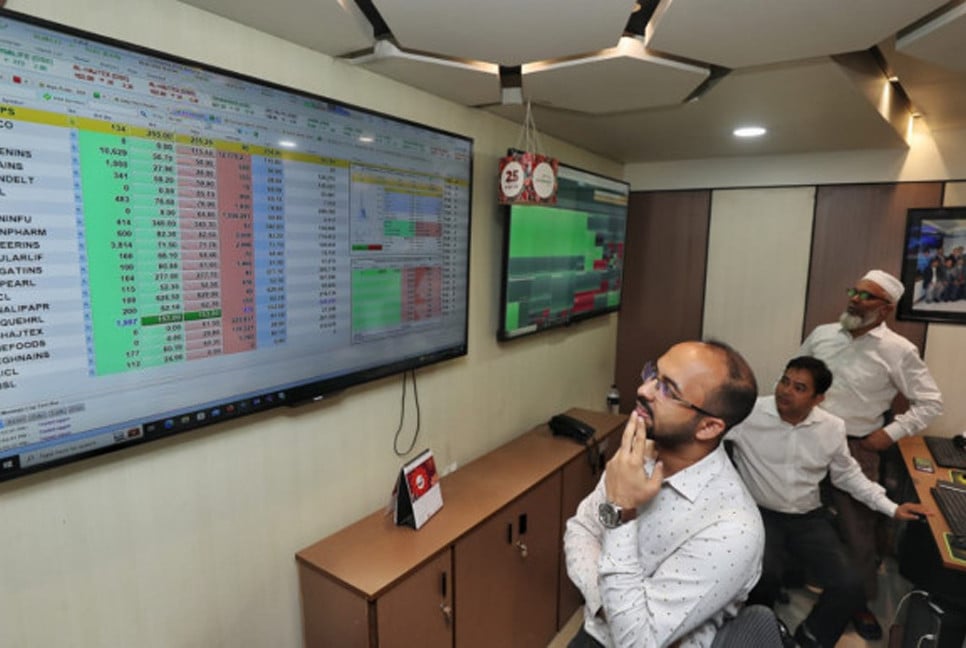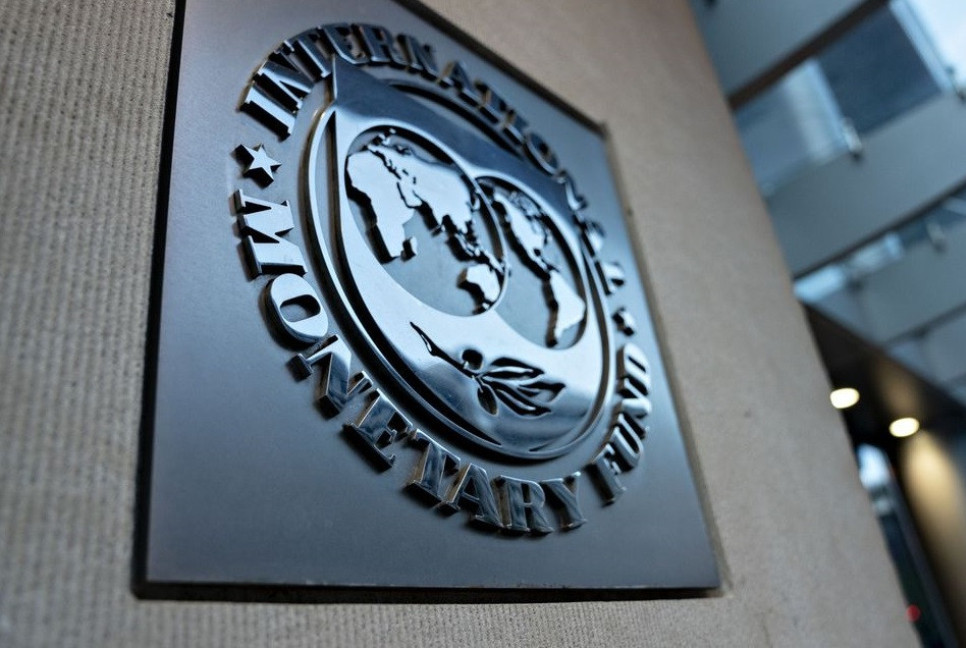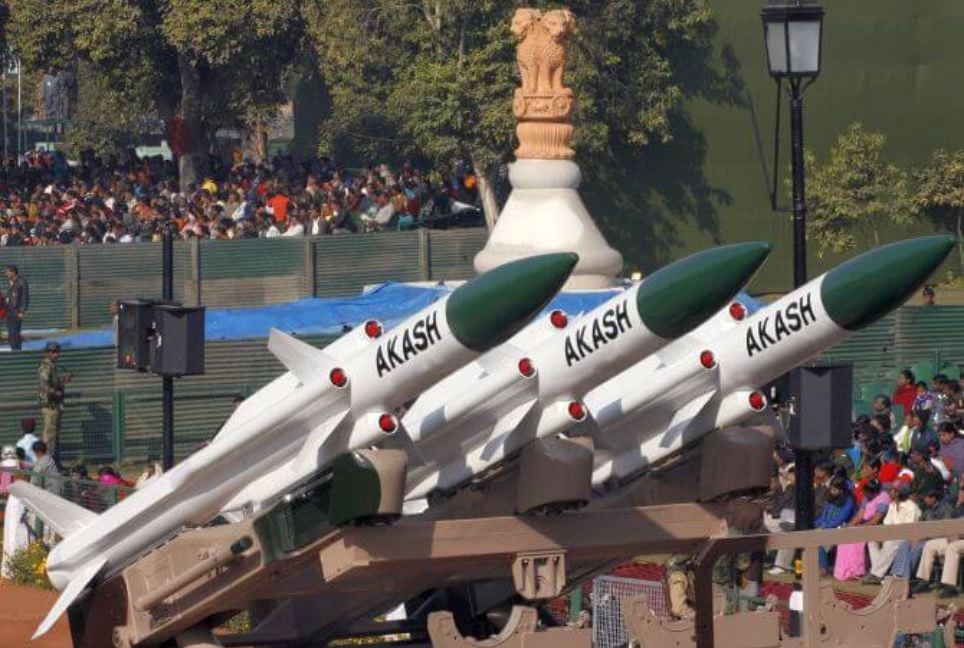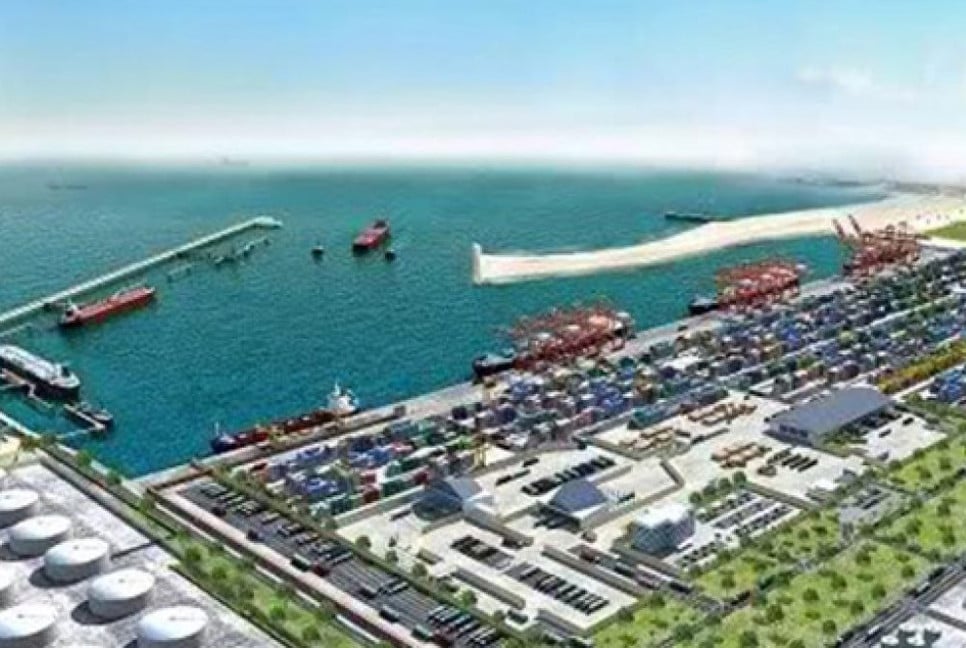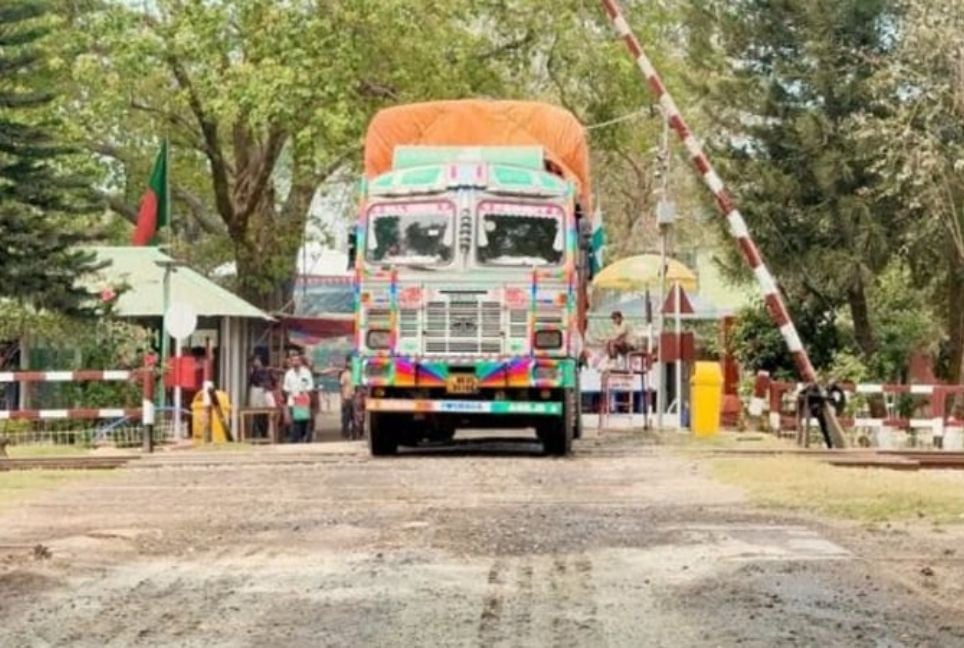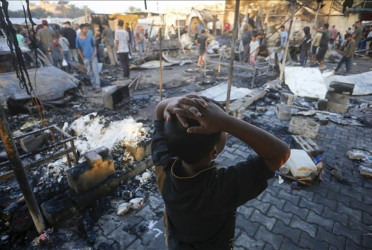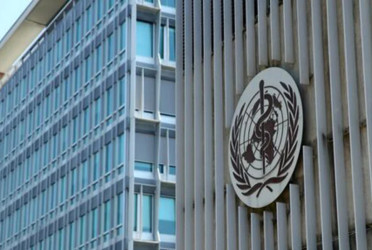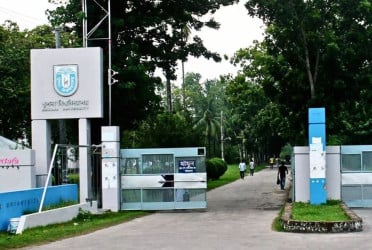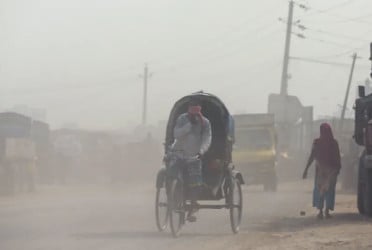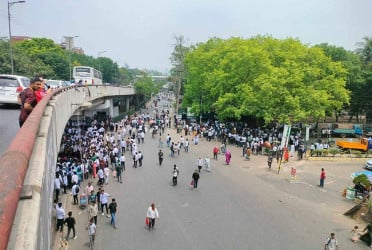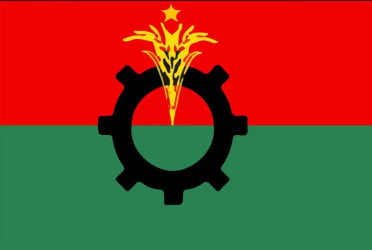Following the Student–People's uprising that resulted in the collapse of Sheikh Hasina's government, extensive violence erupted throughout the country's industrial sector.
Several factories in Gazipur, Narayanganj, Ashulia, and Savar were vandalized and set on fire. This halted production and disrupted exports, with the garment sector alone suffering a production loss of $400 million.
Concerned business owners are now hesitant to invest further, resulting in a nearly 44% decrease in the import of essential machinery for the industry.
Business owners say, “We have fallen significantly behind, which reflects a decline in our exports.”
After two months of unrest, factories are beginning to resume their operations, although they have not yet returned to full normalcy.
Reports indicate that following the fall of Prime Minister Sheikh Hasina on August 5, tied to the quota reform movement in government jobs, incidents of attacks, vandalism, and arson erupted nationwide.
Because of this situation, most export-oriented garment factories, along with many other industries, were closed.
Business owners provided an estimated assessment of the economic damage during this period which reveals that the garment sector alone has suffered a production loss of $400 million.
Regarding this, Dr Selim Raihan, Executive Director of the South Asian Network on Economic Modeling (SANEM), stated, “A large number of investors have been adversely affected during the previous government's tenure. Attention must be paid to improving these institutions. We also need to consider how to enhance the efficiency of the National Board of Revenue, Bangladesh Bank, the Investment Authority, and other relevant organizations.”
Industry owners have reported that everything has stalled following the violent unrest after Sheikh Hasina's fall. The sudden outbreak of violence left no opportunity for prior prevention.
With factories closed, incidents of materials being spoiled due to mold, raw materials rotting, and food products expiring have occurred.
They believe that recovery from this economic damage will be impossible in the near future, especially given that the change in power has led to the destruction of a fully export-oriented jute mill by miscreants, resulting in 1,500 workers becoming unemployed and facing severe hardship.
Owners have also reported that the attackers had clearly prepared in advance to carry out these assaults in a highly coordinated manner. Otherwise, how could simultaneous attacks and arson have occurred at all the factories?
In Domna, Kashimpur, Gazipur, six factories belonging to one group were attacked, vandalized, and set on fire. This included the facilities, machinery, and warehouses of Bengal Poly & Paper Sack Limited, Bengal Flexipak Limited, as well as the furniture assembling shed and two warehouses of Bengal Polymer Wares Limited, where raw materials, finished, and semi-finished products of both Bengal Polymer Wares Limited and Bengal Polymer Wares Limited (Unit-2) were also set ablaze.
In addition, the attackers wreaked havoc at Bengal Poly & Paper Sack, Bengal Polymer Wares, Romania Food & Beverage, and Linnex Electronics Bangladesh, looting valuable items.
Sixteen vehicles were destroyed in the fire.
In this situation, concerned business owners are hesitant to invest in the industry, resulting in a reduction in the import of capital machinery.
Data from the Bangladesh Bank indicates that the import of capital machinery in July-August of this year has decreased by 43.71% compared to the same period last year.
In this regard, Humayun Rashid, President of the International Business Forum of Bangladesh (IBFB), stated, “Future reforms need to be addressed in an industry-based and need-based manner. This will instill confidence in existing and future investors, whether they are foreign direct investors or local investors.”
Former President of the Bangladesh Garment Manufacturers and Exporters Association (BGMEA), Khandaker Rafiqul Islam, remarked, “We have significantly lagged in growth, which indicates a decline in exports compared to these countries. From the initial data I have received, we are estimating a loss of $400 million. Factories are starting to resume operations after two months of unrest but have not yet returned to full normalcy. We have submitted a 14-point demand to the government to address this situation.”
(Translated by ARK/Bd-pratidin)


